Bible Teachings and Sermons
Engaging Video Sermons
At Founded in Truth Fellowship, we believe the Bible isn’t just a book of history or doctrine—it’s a living testimony of God’s truth, meant to shape and transform our lives today. This page is the hub for all of our Bible teachings, where we dive deep into Scripture, exploring the Torah, the words of Yeshua, and the overarching narrative of God’s kingdom. Each teaching is designed to challenge, encourage, and equip you in your faith journey. Watch the latest sermon videos, read through key insights, and access our podcast to take the discussion even further. We invite you to explore, wrestle with the text, and discover the richness of God’s Word with us.
Past Teachings and Sermons
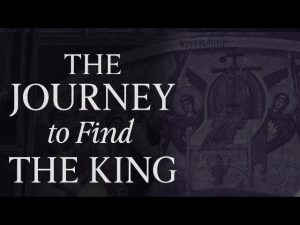
The Journey to Find the King – Matthew 25
June 22, 2025
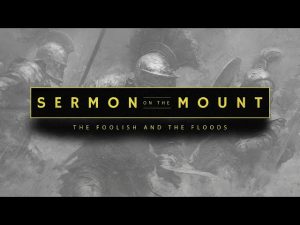
Sermon on the Mount – The Foolish and the Floods
June 15, 2025
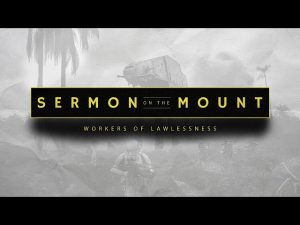
Sermon on the Mount – Workers of Lawlessness
May 25, 2025
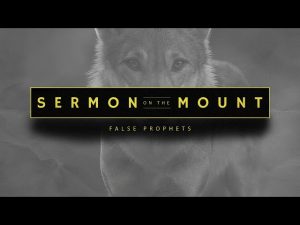
Sermon on the Mount – False Prophets
May 18, 2025
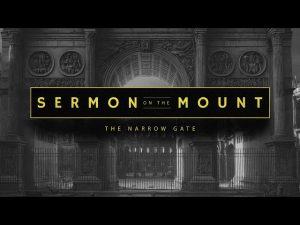
Sermon on the Mount – The Narrow Gate
May 11, 2025
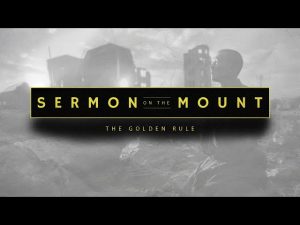
Sermon on the Mount – The Golden Rule
April 27, 2025
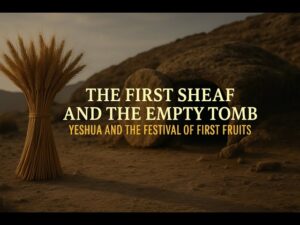
The First Sheaf and the Empty Tomb
April 20, 2025
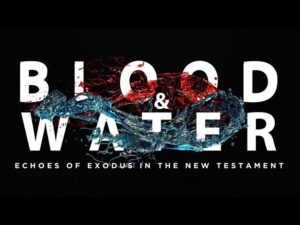
Blood and Water: Echoes of Exodus in the New Testament
March 30, 2025
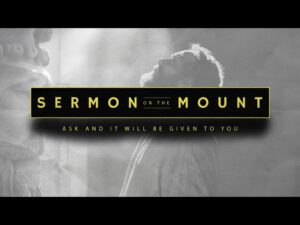
Sermon on the Mount – Ask and It Will Be Given to You
March 23, 2025
